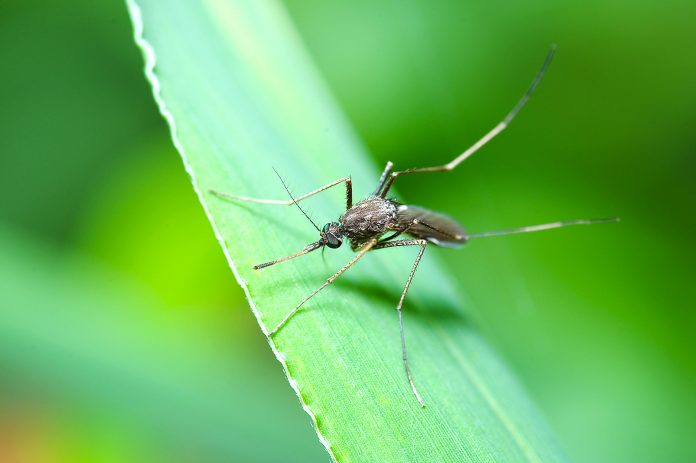Researchers reveal the interconnected nature of environmental changes, biodiversity decline, and the spread of pathogens
Researchers from Charité – Universitätsmedizin Berlin have found that when tropical rainforests are destroyed, it reduces the diversity of mosquito species.
The tropical destruction allows more resilient mosquito species to survive, which often carry more viruses. With a higher population of these mosquitos, viruses can spread rapidly.
This revelation has pushed scientists to confirm that destroying rainforests can lead to increased virus transmission.
The study focus: The importance of tracking biodiversity decline
Researchers from Charité and the Leibniz Institute for Zoo and Wildlife Research (IZW) collaborated to study the impact of rainforest clearing for activities like coffee and cocoa farming or human settlements on mosquitos and viruses they carry.
Combining virology and biodiversity, the research team began by capturing mosquitos in various areas around Taï National Park in Côte d’Ivoire, which included pristine rainforests, secondary forests, cocoa and coffee plantations, and villages with different land uses.
“We identified the species of mosquitoes we had caught and tested them for viral infections,” explains Kyra Hermanns of the Institute of Virology at Charité, the study’s first author.
“Then we looked at how the composition of mosquito species differs across the different land use types, where certain viruses are present, and how prevalent they are.”
In a healthy ecosystem like a pristine rainforest, a wide variety of viruses exist because numerous animal species, like those in the area, serve as hosts for these environments.
Viruses are closely linked to their hosts, so the diverse range of animal species supports a rich virus diversity.
The impact of biodiversity decline
If there is a change in the ecosystem, it also affects the viruses. Junglen explains: “We discovered 49 virus species, with the greatest diversity of hosts and viruses observed in untouched or minimally disturbed habitats.”
Among the 49 species studied, most were rare in the areas examined. Nine were widespread across various habitats, and five viruses became more prominent in distributed habitats, particularly in human settlements.
Cleaning tropical rainforests reduces mosquitoes’ biodiversity and alters the types of hosts available.
Resilient mosquito species
Resilient mosquito species thrive in these cleared areas, carrying their viruses.
The abundance of host species directly influences the virus prevalence. The viruses observed were associated with specific mosquito species, not because of genetic similarities but because of the adaptability of these mosquito species to disturbed habitats.
This research highlights how changing environmental conditions impact virus spread through their host characteristics.
The viruses discovered by the researchers exclusively affect mosquitos and can’t currently infect humans. However, they serve as a valuable model for understanding how changes in species diversity impact virus presence and prevalence.
Future research and environmental conservation
This study emphasises the importance of biodiversity because reduced biodiversity increases the abundance of virus hosts, making it easier for certain viruses to thrive.
Traditionally, research focused on individual pathogens and their hosts, but this study offers a broader perspective.
The next step for the researchers is to explore different habitats in other countries, aiming to identify the specific factors influencing mosquito diversity under changing land use and the characteristics that enable viruses to spread with their hosts.











